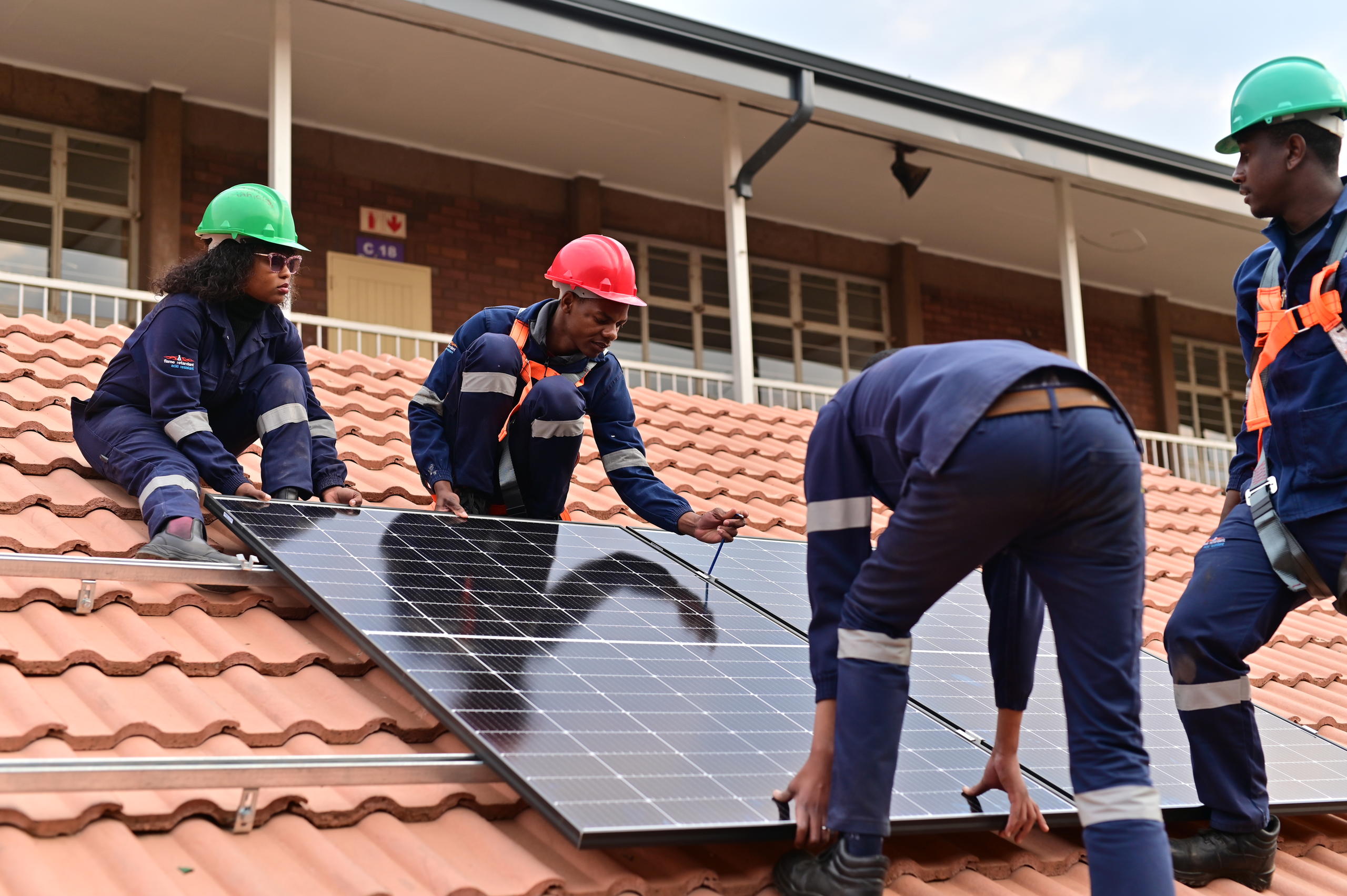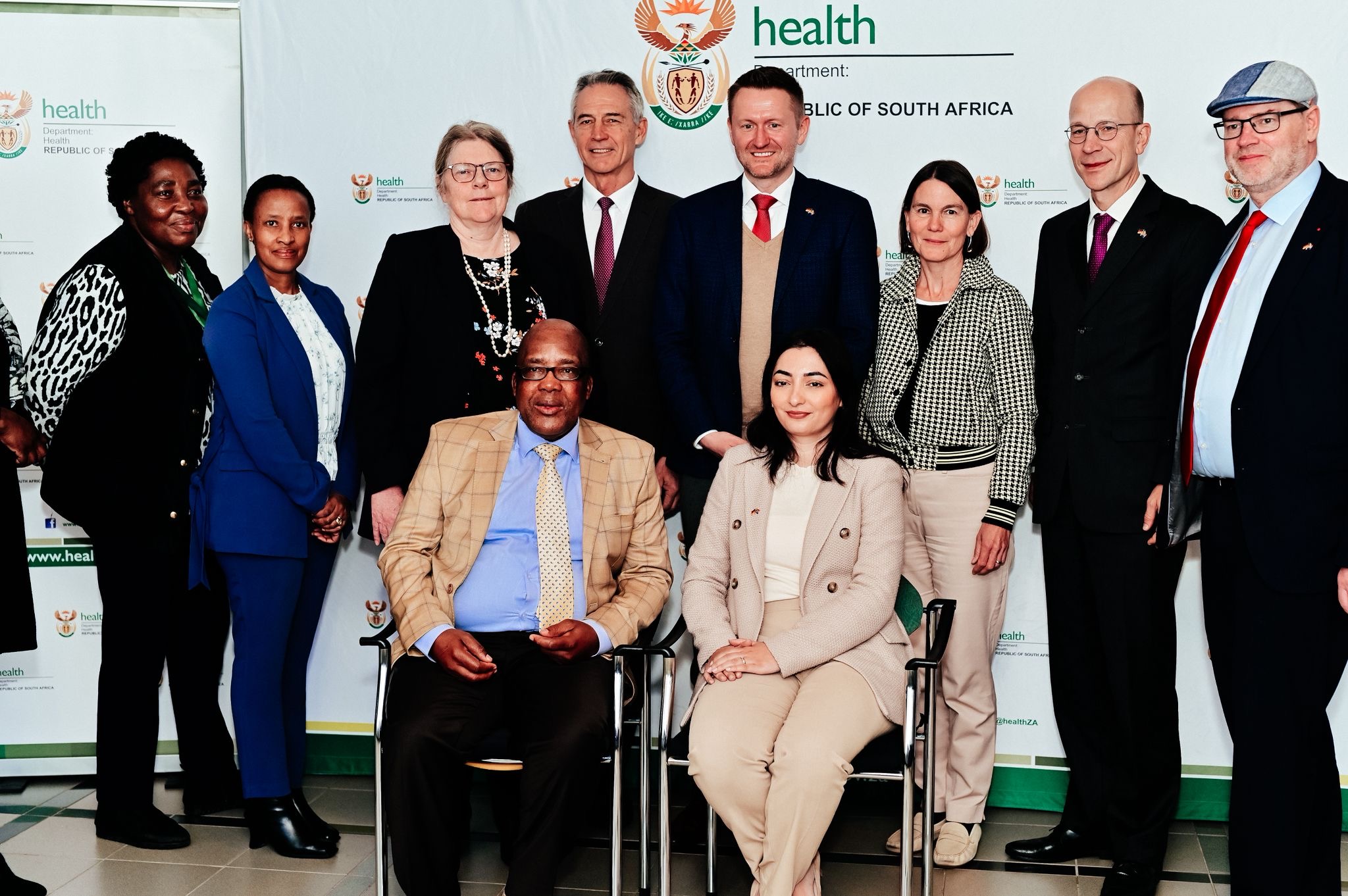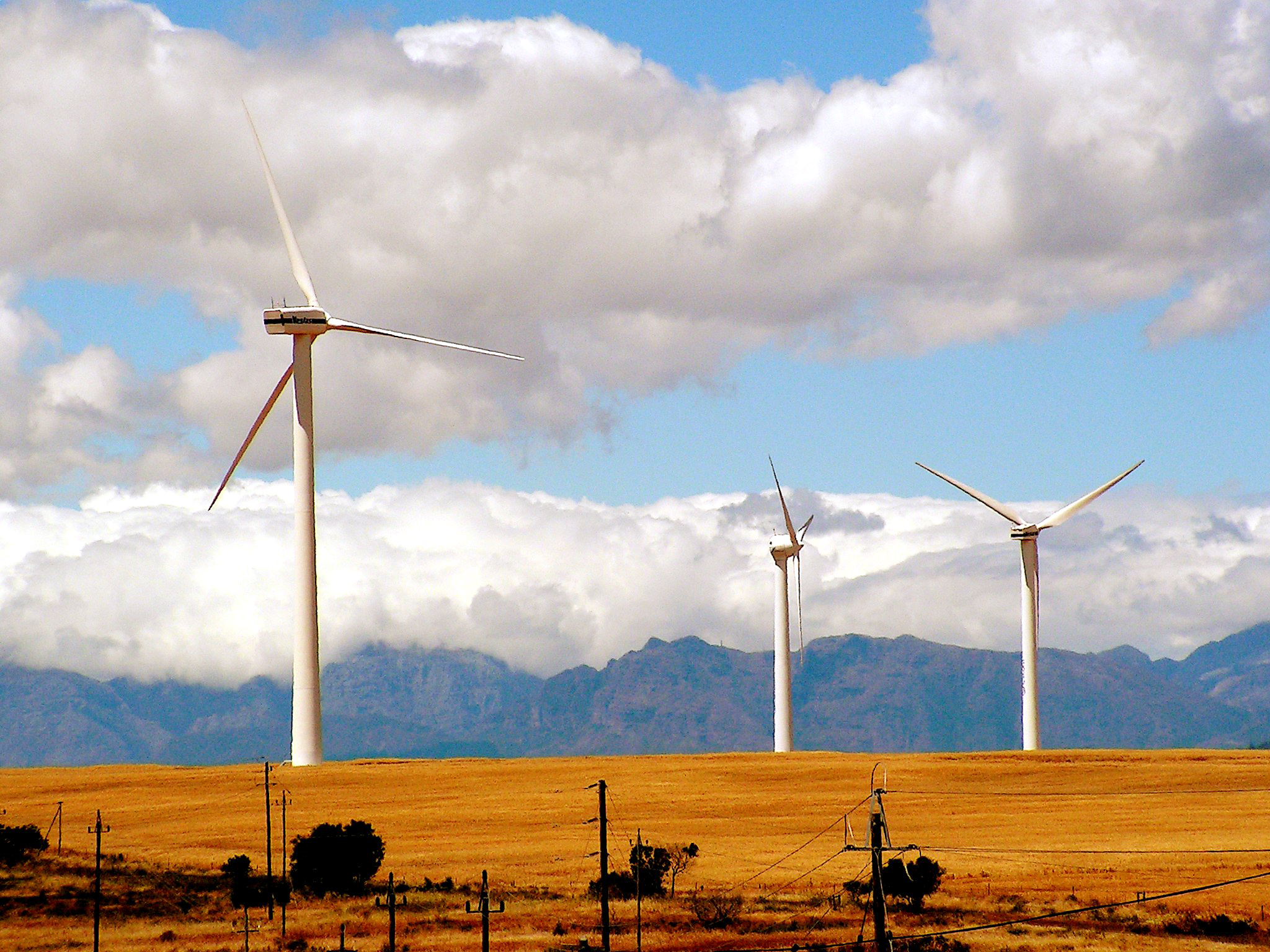South Africa Growth opportunities through renewable energy: KfW loan benefits German and South African companies
Vocational training centre for solar technicians in South Africa
Development Minister Alabali Radovan said, “South Africa and Germany are already feeling the impacts of climate change. Climate change mitigation is something we can only achieve through global collaboration – and that is what our energy partnership with South Africa is about. This energy partnership also benefits the German economy. German businesses and developers are already investing in the expansion of solar power, and South African companies are drawing on German materials, machinery and expertise. As a result, our energy partnership with South Africa will pay off many times over.”
In South Africa, 80 per cent of energy is currently still produced by fossil fuels. This makes South Africa one of the world’s biggest emitters of CO₂. At the same time, renewable energies have increasingly become a driver of economic growth in South Africa in recent years.
Our international energy partnership – known as a Just Energy Transition Partnership (JETP)
– facilitates the expansion of renewable energies. Via the JETP, Germany is supporting South Africa’s climate and energy policy alongside the UK, France, the Netherlands, Denmark and the EU. Since its launch in 2021, the JETP has grown and already gained more support than was initially agreed at the outset.
Under the partnership, the South African government has committed to accelerating the phase-out of coal and investing in renewable energy. This also makes economic sense, as South Africa has huge potential when it comes to solar and wind power in particular.
The loan intends, among other things, to promote the urgently needed expansion of South Africa’s power grid. Over 14,000 km of new transmission lines are due to be constructed by 2032. Grid expansion also opens up new business opportunities for German companies, such as German machinery and plant manufacturers. In addition, the expansion of the grid aims to stabilise South Africa’s energy supply. Frequent power cuts have previously represented a major investment barrier for companies. There are over 600 German companies based in South Africa which will therefore also benefit from the energy partnership.



